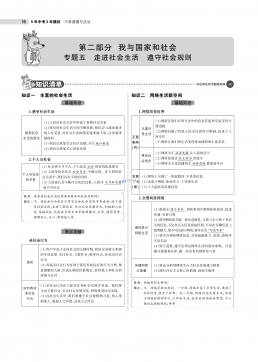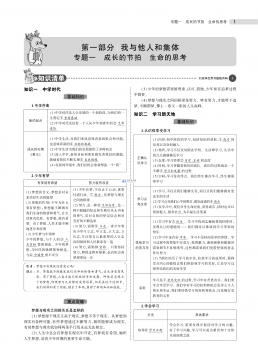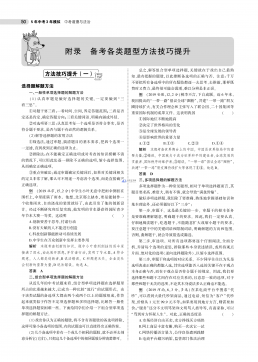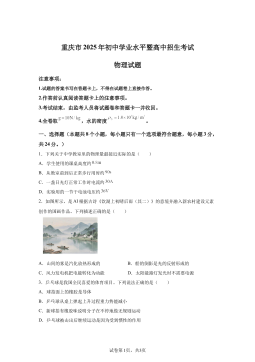L Ron Hubbard - Fear
FEARL.RonHubbardFEAR.Copyright©1991L.RonHubbardLibrary.Allrightsreserved.PrintedintheUnitedStatesofAmerica.Earliereditioncopyright©1940L.RonHubbard.Nopartofthisbookmaybeusedorreproducedinanymannerwhatsoeverwithoutwrittenpermissionexceptinthecaseofbriefquotationsembodiedincriticalarticlesorreviews.Fo...
相关推荐
-
曲一线系列初中《5中考3年模拟》2023专题解释全国道德与法治资料包05专题五 走进社会生活 遵守社会规则VIP免费

 2024-11-21 13
2024-11-21 13 -
曲一线系列初中《5中考3年模拟》2023专题解释全国道德与法治资料包05专题五 走进社会生活 遵守社会规则VIP免费

 2024-11-21 11
2024-11-21 11 -
曲一线系列初中《5中考3年模拟》2023专题解释全国道德与法治资料包03专题三 青春时光 做情绪情感的主人VIP免费

 2024-11-21 6
2024-11-21 6 -
曲一线系列初中《5中考3年模拟》2023专题解释全国道德与法治资料包03专题三 青春时光 做情绪情感的主人VIP免费

 2024-11-21 8
2024-11-21 8 -
曲一线系列初中《5中考3年模拟》2023专题解释全国道德与法治资料包02专题二 友谊的天空 师长情谊VIP免费

 2024-11-21 9
2024-11-21 9 -
曲一线系列初中《5中考3年模拟》2023专题解释全国道德与法治资料包02专题二 友谊的天空 师长情谊VIP免费

 2024-11-21 8
2024-11-21 8 -
曲一线系列初中《5中考3年模拟》2023专题解释全国道德与法治资料包01专题一 成长的节拍 生命的思考VIP免费

 2024-11-21 8
2024-11-21 8 -
曲一线系列初中《5中考3年模拟》2023专题解释全国道德与法治资料包01专题一 成长的节拍 生命的思考VIP免费

 2024-11-21 8
2024-11-21 8 -
曲一线系列初中《5中考3年模拟》2023专题解释全国道德与法治资料包《53中考》全国道德与法治资料包VIP免费

 2024-11-21 10
2024-11-21 10 -
曲一线系列初中《5中考3年模拟》2023专题解释全国道德与法治资料包07专题七 坚持宪法至上 崇尚法治精神VIP免费

 2024-11-21 7
2024-11-21 7
作者详情
相关内容
-

2025年重庆市中考物理试题
分类:中学教育
时间:2025-11-26
标签:无
格式:DOCX
价格:10 玖币
-

2025年重庆市中考数学试题 (1)
分类:中学教育
时间:2025-11-26
标签:无
格式:DOCX
价格:10 玖币
-

2025年重庆市中考历史真题
分类:中学教育
时间:2025-11-26
标签:无
格式:DOCX
价格:10 玖币
-

2025年重庆市中考化学真题
分类:中学教育
时间:2025-11-26
标签:无
格式:DOCX
价格:10 玖币
-

2025年重庆市中考道德与法治真题
分类:中学教育
时间:2025-11-26
标签:无
格式:DOCX
价格:10 玖币




 渝公网安备50010702506394
渝公网安备50010702506394
